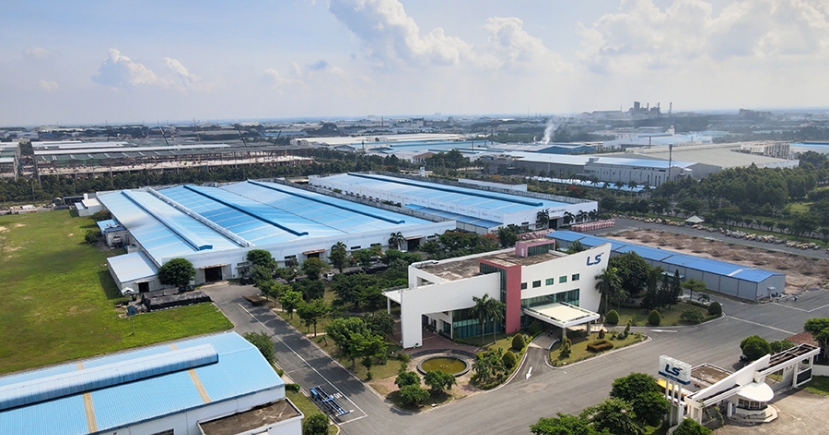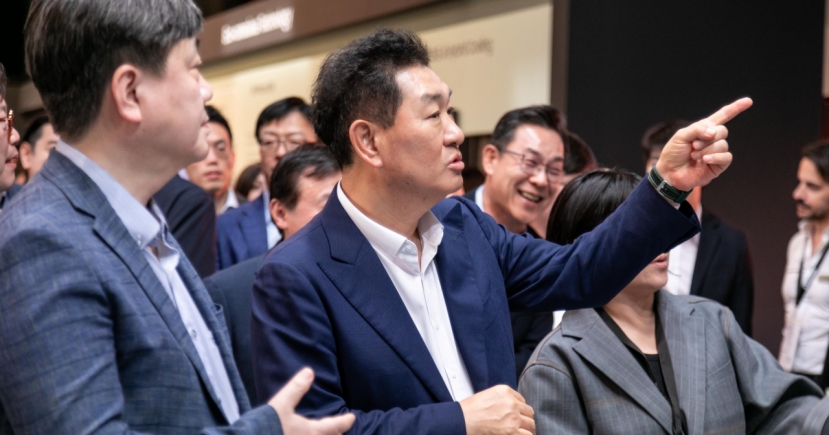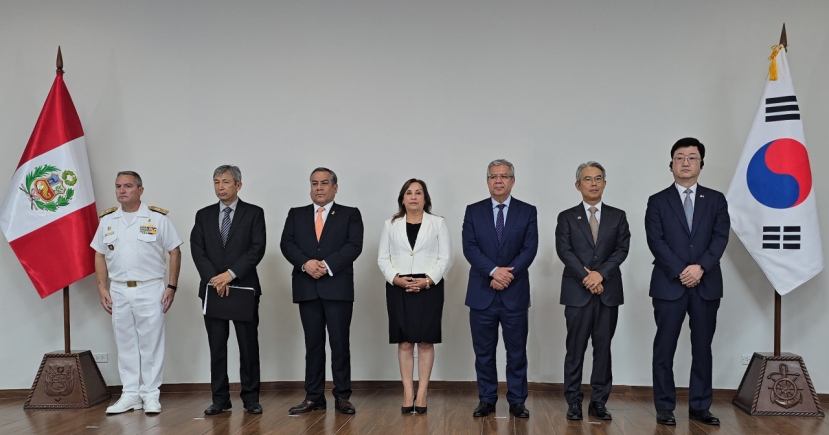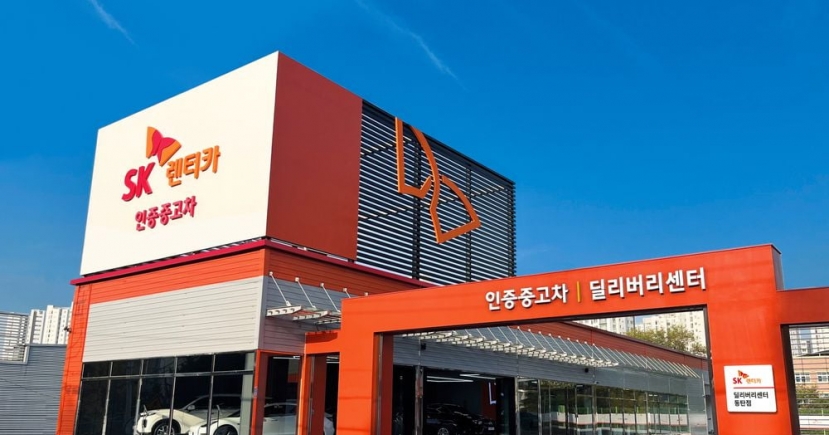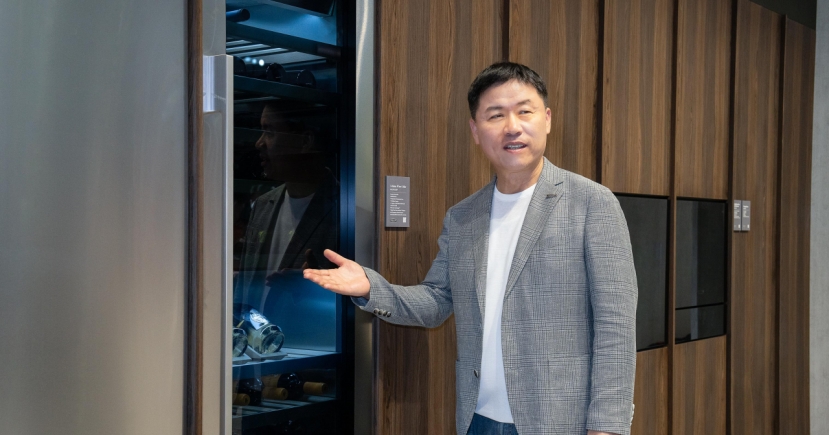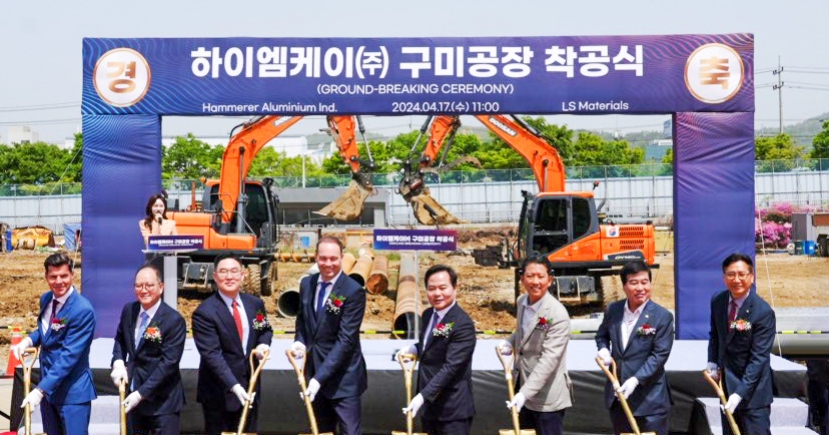Industrials
SK Energy to complete vacuum residue desulfurization in Jan.
ULSAN -- SK Energy, an affiliate of SK Innovation, is set to complete the construction of its vacuum residue desulfurization facility in January, in time for the implementation of tighter environmental regulations.
In response to heightening environmental concerns and growing harmful emissions from ships, the International Maritime Organization has ruled that from January ships will have to use fuel with a maximum of 0.5 percent sulfur content, down from the current 3.5 percent.
 |
In line with the new regulations, SK Energy began building the vacuum residue desulfurization facility in November 2017 by investing around 1 trillion won ($823 million). Vacuum residue desulfurization is a chemical process for the removal of sulfur from fuel.
“The facility will be capable of producing 40,000 barrels of low-sulfur fuel oil per day from March next year after the trial runs. In addition, revenue of 200 billion won to 300 billion won is expected to be generated annually,” said Moon Sung-pil, chief of plant innovation division, during a press briefing at the construction site in Ulsan.
Vacuum residue desulfurization is SK Energy’s largest petroleum business project after the second advanced plant, which is fluidized catalytic cracking, with an investment of about 2 trillion won in 2008.
“SK Energy is the only company worldwide that is building massive vacuum residue desulfurization facilities in response to the IMO regulations,” Lee said.
Two other local oil refiners, Hyundai Oilbank and S-Oil, are also equipped with similar facilities.
To abide by new IMO regulations next year, ship owners have three options.
First, they can simply switch high-sulfur fuel to low-sulfur fuel or marine gas oil at higher costs. Second, owners can install exhaust gas cleaning systems, or scrubbers, on their ships. Lastly, ships can run on liquefied natural gas.
As for the installation of scrubbers, SK Energy predicted the demand would not be significant, saying the market consensus is around 3,000 ships.
“Currently, there are some reliability issues over the installation of scrubbers as more ships install them from China due to the surge in demand,” said Lee Duk-hwan, a project leader of the optimization operation division.
“On top of that, it requires a long time for the installation of scrubbers to settle down. I heard many ship owners are hesitant to install scrubbers (due to the issues),” he added.
Another SK Innovation affiliate, SK Trading International, said it has secured stable customers by signing long-term low-sulfur oil contracts with 18 shipping companies in Korea.
Global market research firms, such as PIRA Energy Group and Facts Global Energy, predicted 2 million barrels per day are expected to be replaced by low sulfur or marine diesel in 2020 in response to the new environmental regulations.
By Shin Ji-hye/The Korea Herald (shinjh@heraldcorp.com)


